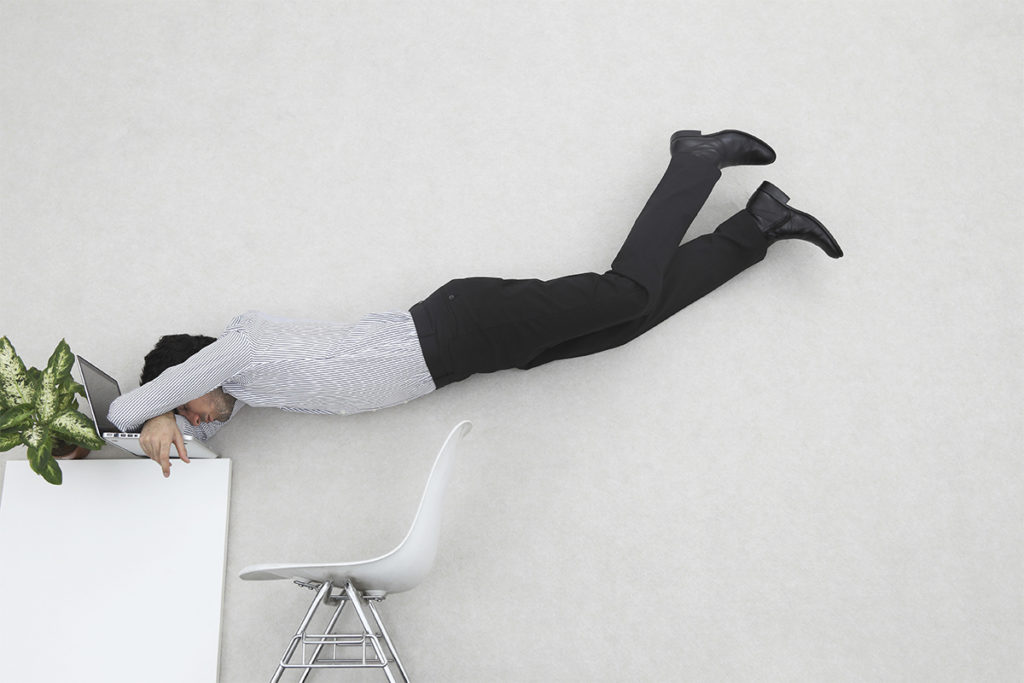Question of the Month: Should We Treat Stress to Eat Better?
Starting with mental health can improve physical health.

Fretting over finances, politics, trip cancellations . . . you name it: Most Americans are suffering from moderate to high stress. And all this pent-up angst could be another reason why so many people continue to eat poorly, providing more proof that we should treat stress to eat better, according to research published in a recent issue of Nutrients.
Investigators from Ohio State University recruited 338 overweight or obese lower-income moms ages 18–39 to take part in a 16-week program aimed at preventing weight gain by promoting stress management, healthy eating and physical activity. For the trial, 212 of the participants were placed into an intervention group that received additional services, including support group teleconferences.
Analysis of study data showed that lower perceived stress following the intervention was the key factor influencing an eventual decrease in consumption of high-fat and fast foods among women receiving support, even more so than being educated on how to make wiser dietary choices.
Stress can affect diet in several ways, including by altering hunger hormones and driving people to seek comfort in hyperpalatable foods. Being in a state of chronic stress can also make it less likely for a person to have enough brainpower left to consider dietary changes. The take-home message here is that helping people identify signs of stress and appropriate coping mechanisms should be weaved into programs geared to improving eating patterns.
Has this stressful period of time affected your eating habits? What role do you think stress plays in eating decisions? Do you think it is an underappreciated reason why many people have unhealthy diets? Do you counsel clients on ways to alleviate stress as part of their healthy lifestyle program? Send your answers to content@ideafit.com.
See also: Understanding Overeating





